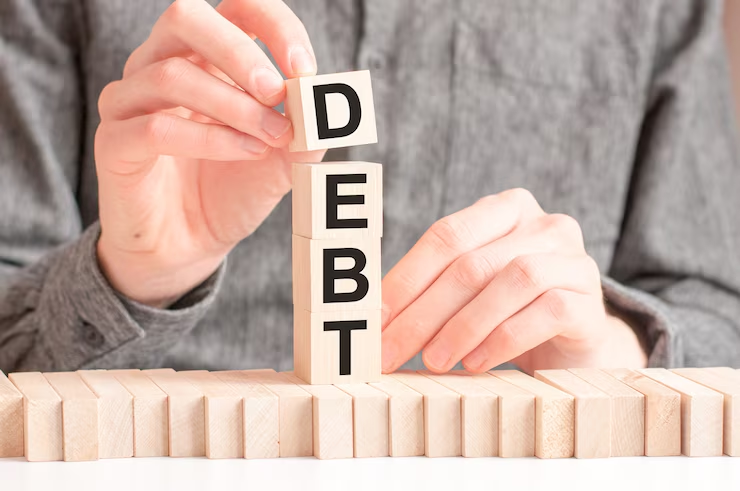Credit Card Settlement Explained: How It Works and What to Expect
Credit card debt can quickly become overwhelming, and if you’re facing financial hardship, settlement may seem like a solution. However, many borrowers experience harassment from banks and recovery agents, making the process stressful. Understanding how credit card settlement works and your legal rights can help you navigate this situation effectively.
What is Credit Card Settlement?
Credit card settlement is a process where a borrower negotiates with the bank to pay a reduced amount instead of the full outstanding balance. This is typically done when the borrower is unable to repay the full amount due to financial difficulties.
Example: If you owe ₹2,00,000 but cannot repay the full amount, the bank may agree to settle for ₹1,20,000 as a one-time payment. However, the loan will be marked as “Settled” rather than “Closed”, which can impact your credit score.
How Credit Card Settlement Works
- Assess Your Financial Situation
Determine how much you can afford to pay as a lump sum. - Contact the Bank
Inform the bank of your financial difficulties and request a settlement offer. - Negotiate the Settlement Amount
Banks often offer an initial amount, but you can negotiate for a lower payment. - Get a Written Agreement
Ensure the settlement terms, including the agreed amount and payment deadline, are documented. - Make the Payment and Obtain a NOC
After payment, request a No Objection Certificate (NOC) as proof of settlement. - Check Your Credit Report
Ensure the status is updated correctly on your CIBIL report to avoid future issues.
Dealing with Bank Harassment During Settlement
Banks and recovery agents must follow RBI guidelines when collecting dues. If you are facing harassment, here’s what you should do:
✅ Know Your Rights
- Recovery agents cannot call at odd hours or use abusive language.
- Banks cannot threaten or use force to recover dues.
- You have the right to negotiate the repayment terms.
✅ Request Written Communication
Always ask for settlement offers and repayment terms in writing to avoid miscommunication.
✅ Report Harassment
- File a complaint with the bank’s Grievance Redressal Officer.
- If unresolved, escalate to the Banking Ombudsman.
- In severe cases, you can approach consumer courts for legal action.
Pros and Cons of Credit Card Settlement
✔ Pros:
- Reduces overall debt burden.
- Stops legal action and harassment.
- Provides financial relief.
❌ Cons:
- Negatively impacts credit score.
- Future loans may be difficult to get.
- Some banks may refuse settlement.
Alternative Solutions to Avoid Settlement
Before opting for settlement, consider these alternatives:
🔹 Debt Restructuring: Request lower EMIs or an extended tenure. 🔹 Balance Transfer: Transfer the balance to a lower-interest credit card or loan. 🔹 EMI Conversion: Convert outstanding dues into manageable monthly installments.
Final Thoughts: Should You Consider Credit Card Settlement?
Credit card settlement should be a last resort when you have no other repayment options. While it can provide relief, it also affects your credit score. Understanding your legal rights and exploring alternatives can help you make the best financial decision.
Need Help Dealing with Bank Harassment?
At Settle Loan, we assist borrowers in negotiating settlements while ensuring legal protection against harassment.
📞 Call Now: 1800 309 1902
📧 Email Us: info@bankharassment.com



